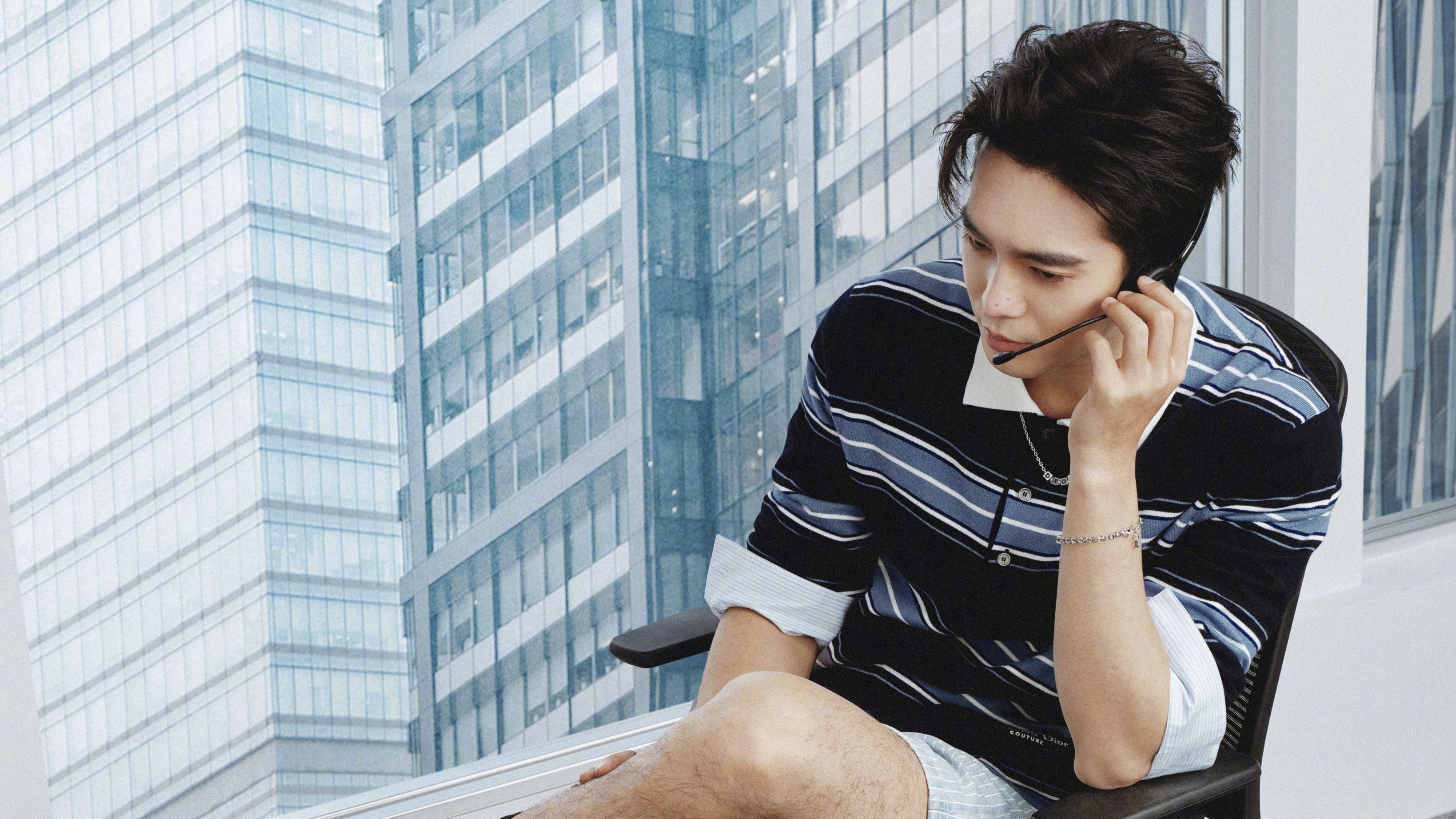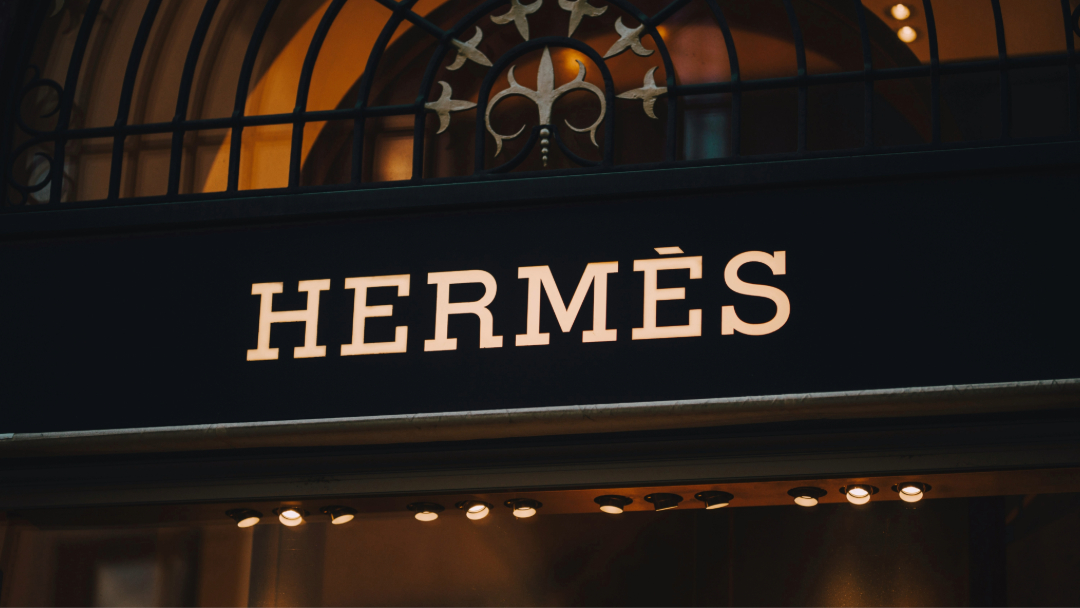Luxury brands are redefining travel through immersive resort takeovers, blending hospitality with brand essence to set a new standard in experiential vacations – discover how these unique partnerships are transforming the luxury travel industry.

As travellers emerge from the shadows of the pandemic, their desire for unique travel experiences has reached an all-time high. In this exciting era of experiential travel, a rising number of luxury brands are seizing the opportunity to cater to the increasing desire for exploration.
They are accomplishing this by organising immersive resort takeovers that seamlessly combine top-notch hospitality with unforgettable brand experiences. That make excellent business cases for both hotel and retailer.
From the luxurious beaches of Saint-Tropez to the breathtaking mountains of Aspen, resort takeovers are revolutionising the idea of a vacation. These strategic partnerships between well-known brands and top-notch resorts provide guests with the opportunity to fully immerse themselves in the brand’s unique experience.
The resort and the brand have formed a mutually beneficial partnership, with the resort providing its picturesque location and luxurious amenities, while the brand adds its unique values and style to the space. What was the outcome?
The Gold Standard Of Brand Experience
A captivating brand experience that is greater than the sum of its parts, brand resort takeovers are the new gold standard. These immersive experiences, meticulously crafted by iconic fashion houses and lifestyle brands, offer guests an unparalleled opportunity to step into the very essence of a brand.
Travellers are more inclined to try new things and think less about their spending while on holiday. Research suggests that novel experiences stimulate the brain’s “novelty center,” triggering dopamine pathways that enhance feelings of reward and pleasure. Additionally, surveys conducted by McKinsey & Company indicate that many travellers prioritize unique and memorable experiences, often budgeting more for travel to indulge in once-in-a-lifetime activities. This tendency is driven by the psychological benefits of new experiences, which can boost emotional well-being and create lasting positive memories.
From Dior’s elegant Dioriviera pop-ups in Saint-Tropez to Valentino’s dreamy Escape activation on the Amalfi Coast, these takeovers are redefining the concept of luxury travel. Brands like Chanel and Nanushka have also made their mark, bringing their unique perspectives on sophistication and sustainability to the resort scene.

Credit: Courtesy
What sets these takeovers apart is their ability to create a deep emotional connection with guests, fostering a sense of community and exclusivity that goes beyond the typical retail encounter – offering a coherent and aspirational experience that onboards new clients from unaware to fans, and turns existing fans to advocates.
Furthermore as the demand for immersive travel experiences grows, brand resort takeovers are poised to become an increasingly important player in the luxury travel industry, setting a new standard for excellence and innovation.
A Burgeoning Market
Allied Market Research projects that the global luxury travel market will reach $1,369.1 billion by 2028, growing at a CAGR of 8.8 per cent between 2021 and 2028. The demand for novel, upscale travel experiences that sprang up after the epidemic is mostly responsible for this expansion. Brands need to push the envelope in order to stay ahead of the curve by entering guest rooms and lobby areas and by developing group and community-building activities that do more than stage dress with instagrammable aesthetics.
Takeovers of brand resorts could revolutionise adventure and urban vacations. Said to be worth USD 282.1 billion in 2021, the adventure tourism industry is expected to grow at a CAGR of 15.2 per cent between 2022 and 2030. Offering branded gear, activity led, and distinctive outdoor experiences will allow brands to enter this expanding market. Millennials and Gen Z are the ones driving demand for these experiences; they are prepared to pay a premium for genuine, customised experiences that are worthy of their vacation time.
Grand View Research projects the luxury travel industry to expand at a CAGR of 7.6 per cent between 2024 and 2030. Brands that want to make an impactful takeover need to be inspired by cultural integration and follow international trends like sustainable travel and wellness tourism.
Where The Opportunity Lies
Over the same period, the Asia Pacific luxury travel market is predicted to grow at a CAGR of 8.9 per cent, while the U.S. luxury travel market is predicted to grow at a CAGR of 7.6 per cent. In 2023 Europe would have a revenue share of 34.50 per cent. Key trends in these markets, such the emergence of “bleisure” for the business, entrepreneur or freelancer travel in the United States, slow travel in Europe, and multigenerational travel in Asia Pacific, can be used by brands to effect customised takeovers.
Brands that want to make real, significant, and socially conscious takeovers must work with local companies, craftspeople, communities, influencers, and thought leaders. Examples from recent times include Scott Dunn Ltd. being acquired by Flight Centre Travel Group, Lindblad Expeditions partnering with FOOD & WINE magazine, and Cox & Kings Ltd. launching new tours in their 2023–24 global brochure.
A brand takeover done the right way is one that takes visitors to a world where every second is carefully planned and meaningful, producing an experience that will never be forgotten. The brand resort takeover will become a necessary component of luxury travel as long as tourists are looking for these unique experiences – not just as a marketing strategy but as a way of life.
Likewise for retail and consumer good brands; these kinds of activities will increasingly form the entry ramp for new customers – replacing the traditional defusion lines which have been the source of significant brand devaluation over the decades.
In this always changing market, the companies who have the guts to push the envelope and produce the kind of takeovers that make dreams come true will be the ones that succeed.










